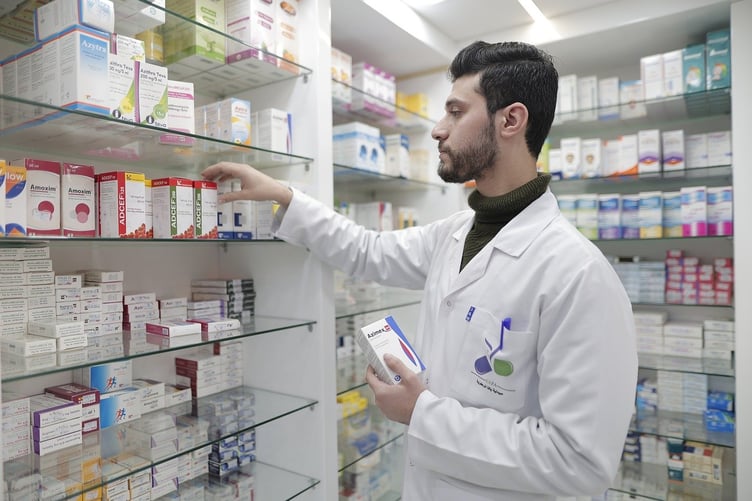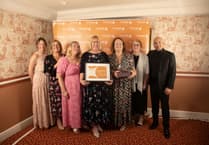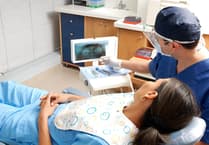HALF a million patients have received help from high street pharmacies for minor illnesses, as the NHS brings care closer to people’s homes.
Since January 2024, 220,000 people have received help without booking an appointment at their local pharmacy for seven common conditions including sore throat, earache or shingles.
In the same period, high street pharmacies in the region have also delivered 191,639 consultations for minor illness referrals and 128,564 consultations for urgent medicine supplies.
South West pharmacies have delivered the most consultations for acute sore throats (70,919) followed by uncomplicated urinary tract infections UTIs (65,201).
The nationwide Pharmacy First scheme is part of the NHS and government’s ambition to expand services offered by community pharmacy, adding to existing services such as blood pressure monitoring and managing oral contraception, helping patients get quicker access to the care they need.
One of the benefits of the scheme is pharmacies can adapt to seasonal demand and offer timely advice when conditions are most prevalent.
In August last year South West pharmacists saw nearly 4000 consultations for infected insect bites, helping people to treat their condition at home.
In March the Department of Health and Social Care agreed funding with Community Pharmacy England worth an extra £617 million over two years.
Catriona Ketiar, Regional Chief Pharmacist, NHS England South West, said: 'Pharmacy First is helping people get quicker access to vital services.
‘Our local community pharmacies already play an important role in their communities and work closely with the general practices in their areas to support their communities’ health and wellbeing.
‘It is great to see so many in the South West benefiting from this easy and convenient way of managing and treating these common illnesses.
‘Pharmacists and pharmacy technicians are skilled professionals who operate in the heart of the NHS and their communities and are highly trusted by the public. I would like to thank all our pharmacists, technicians and wider pharmacy teams for their hard work in providing this high-quality clinical service for local people.’





Comments
This article has no comments yet. Be the first to leave a comment.